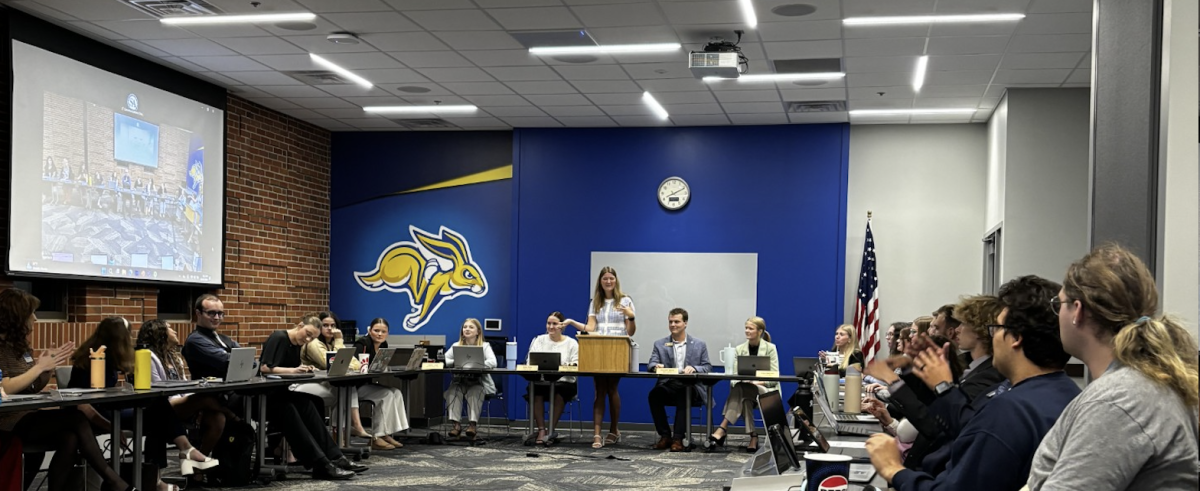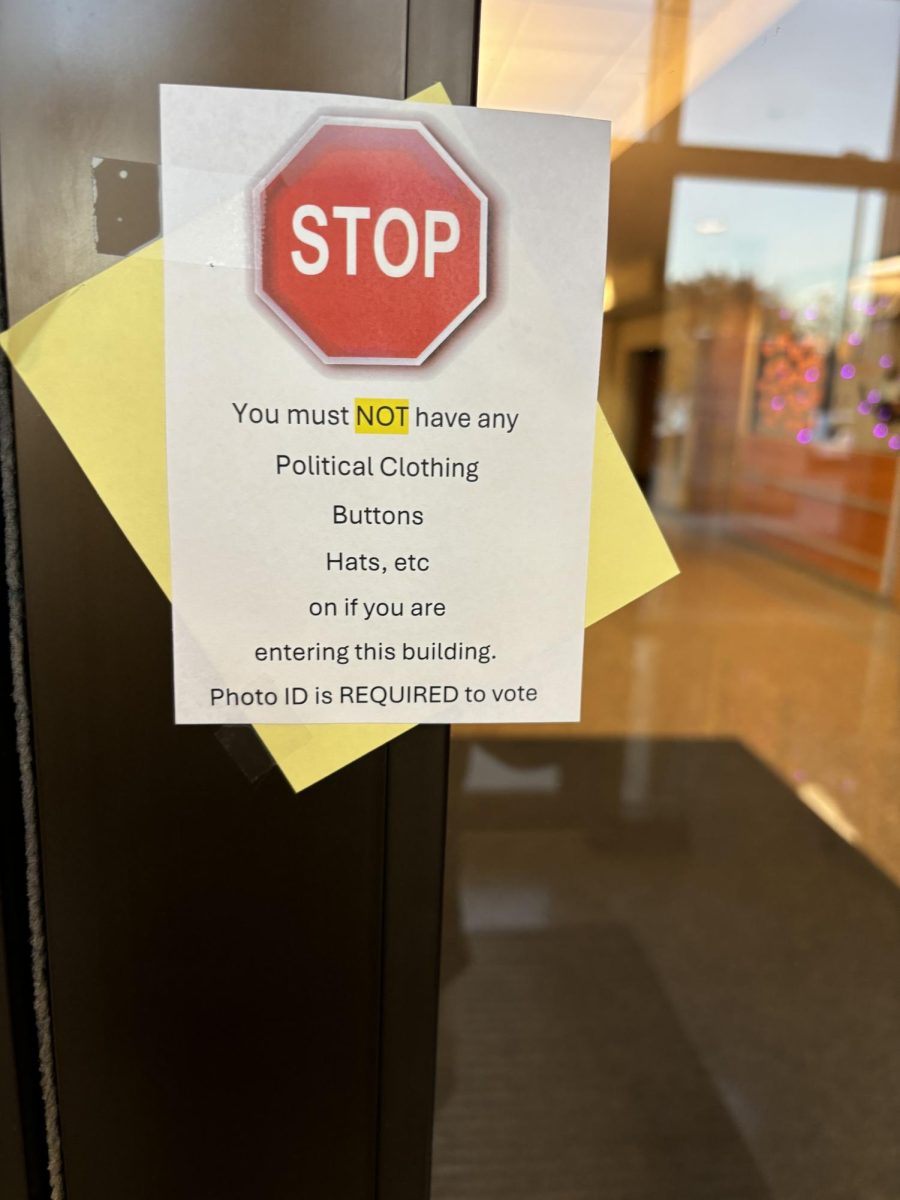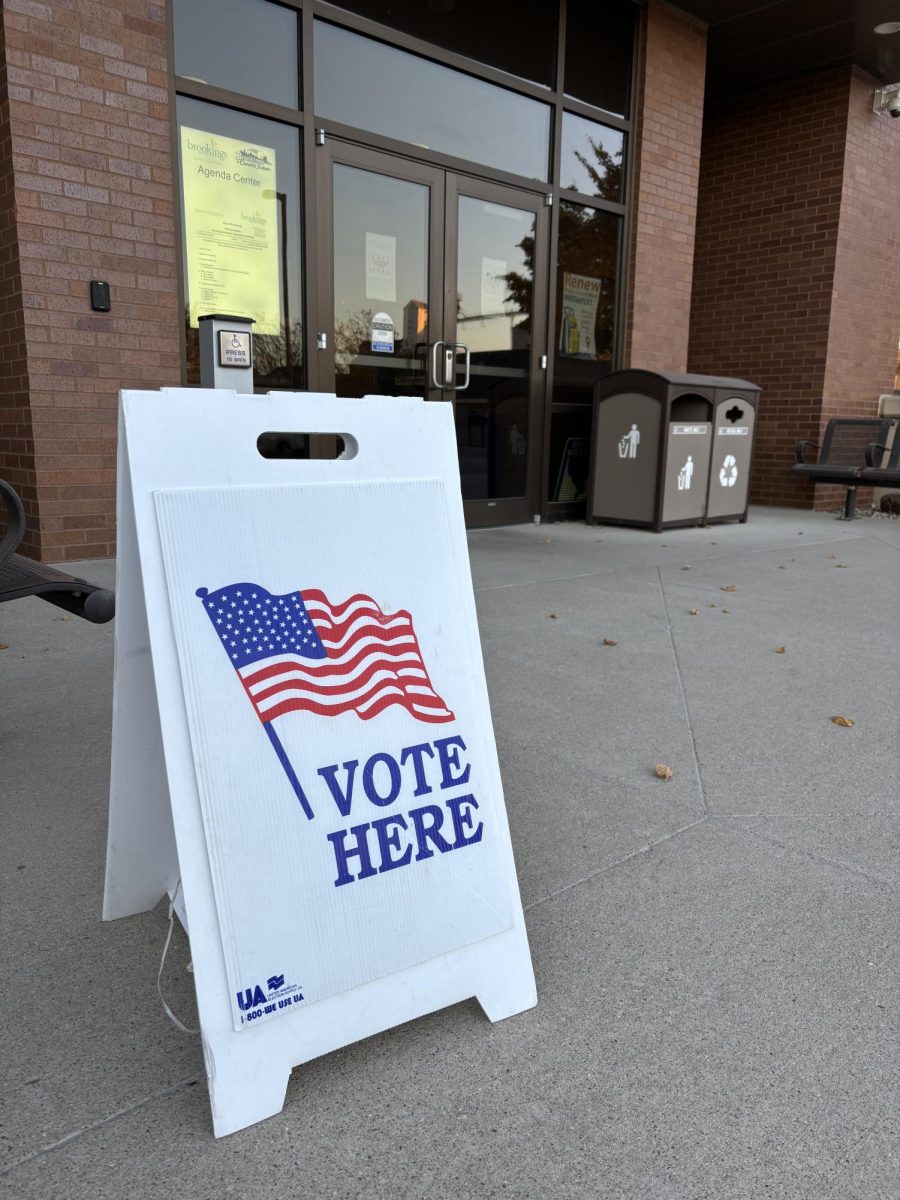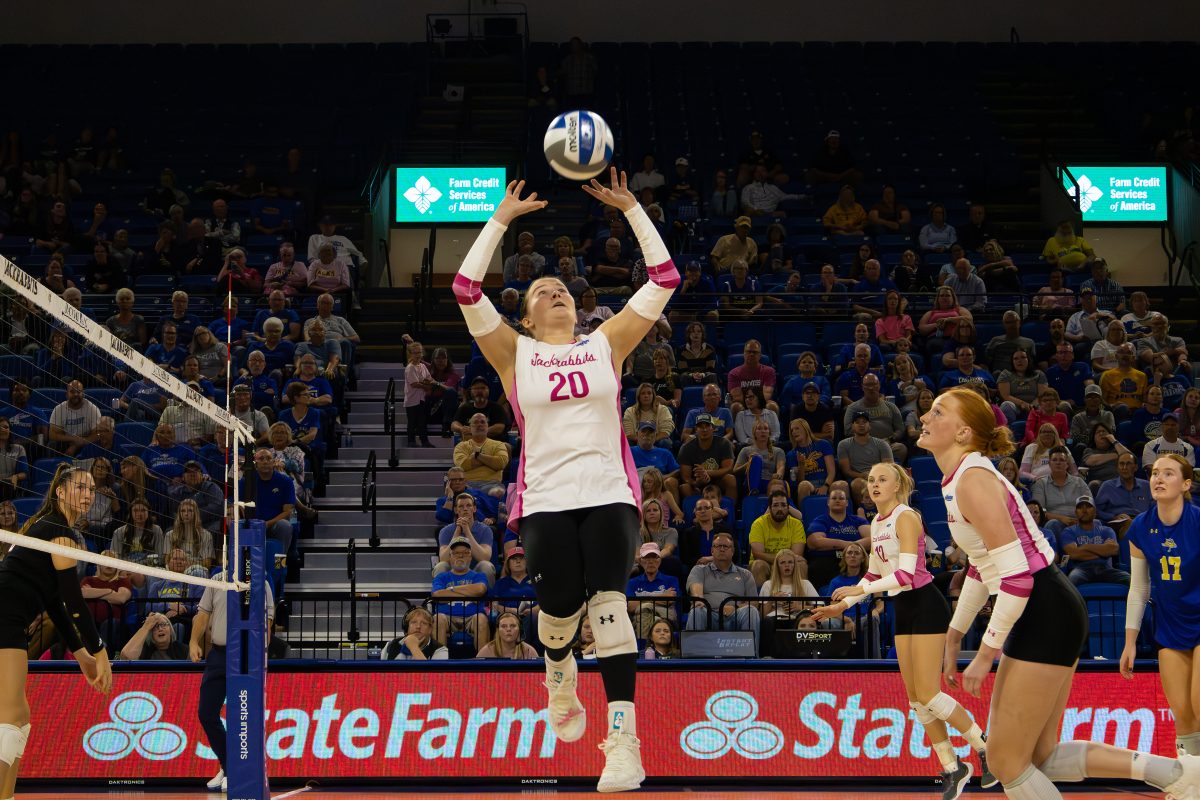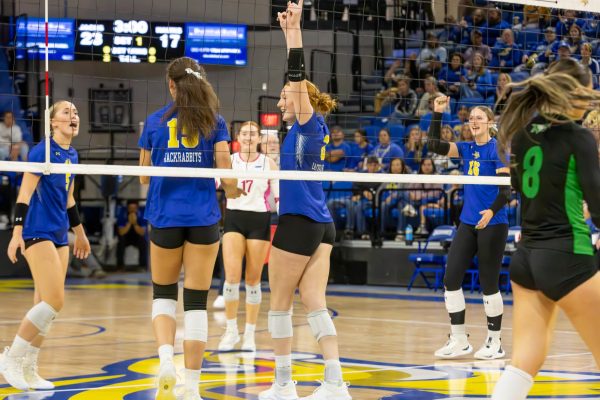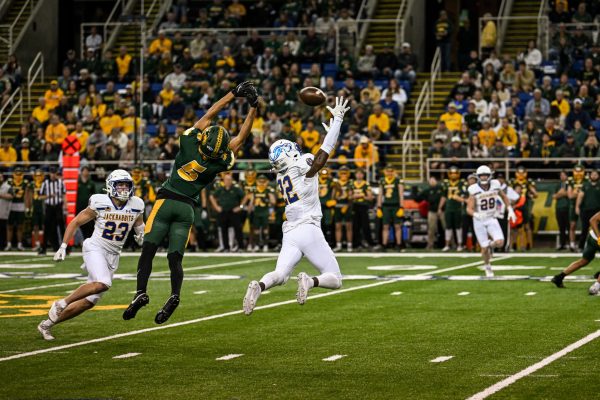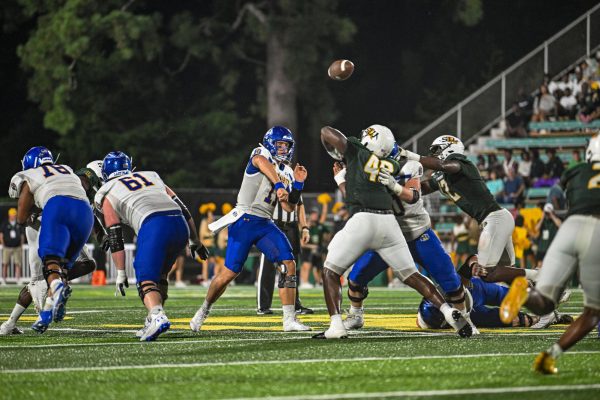Students learn on-the-job skills through internships
March 18, 2015
A summer isn’t complete without a tall glass of lemonade, a nice tan, a huge pool and a summer internship.
An internship is an experience where students work hands-on in their field of study; that can look like completing clinicals as a nursing student or working at a newspaper during the summer for a journalism student.
“It’s experiential education,” said Julie Ohlsen, the program coordinator for career development. “It’s basically getting hands on experience in your field of interest and we hope that it’s paid.”
Internships can be paid or unpaid. Also, each major varies whether or not an internship is required. Students should talk with their adviser and look at their major requirements to determine if an internship is required for their major.
“Even if your major doesn’t require you to do an internship, you should require more of yourself,” Ohlsen said.
While summer internships are popular, they are not the only option for internships. Students can also complete internships called co-ops that allow students to have a semester and a summer experience. Co-ops are generally just a longer internship.
Ohlsen said internships allow students to connect the “real” world with the concepts and facts they learned in the classroom.
Charles Dibang, a sophomore medical laboratory technician major, completed an internship last summer and he hopes to have another internship in the future.
Dibang said he liked seeing the concepts in action while he was interning at an Avera clinic in Brookings.
“I got to see how the … testing on patients is being done” Dibang said.
Other students on campus are looking for internships this summer, including Breanna Hennrich. She is a junior apparel merchandising major; an internship is required for her major.
Hennrich said she plans on interning at her current employer in Brookings: Rue 21.
“I kind of looked around but [Rue 21] was the most ideal for me,” Hennrich. It appealed to her because it is a paid internship and it is not far to drive. “I want to know more about the business, how to run [a business],” Hennrich said.
According to the National Association of Colleges and Employers, employers offer 64.8 percent of interns a full-time job and 82.2 percent of co-op students accepted full-time jobs.
“Employers are expecting to see students with internships or at least relevant experiences in their field before their first time job so they’re really, really important,” Ohlsen said.
According to Ohlsen, students get the opportunity to interview the company or institution they are interning with by asking different questions and networking with the full-time employees.
Students can find internships through online resources and through talking to faculty members and networking with family, friends and professionals.
“Employers are really looking to internships as their pipeline,” Ohlsen said. “Employers are not just looking to have someone do a project quick for them and then never see them again, they’re looking for students they can train and then they can turn into full time hires.”



